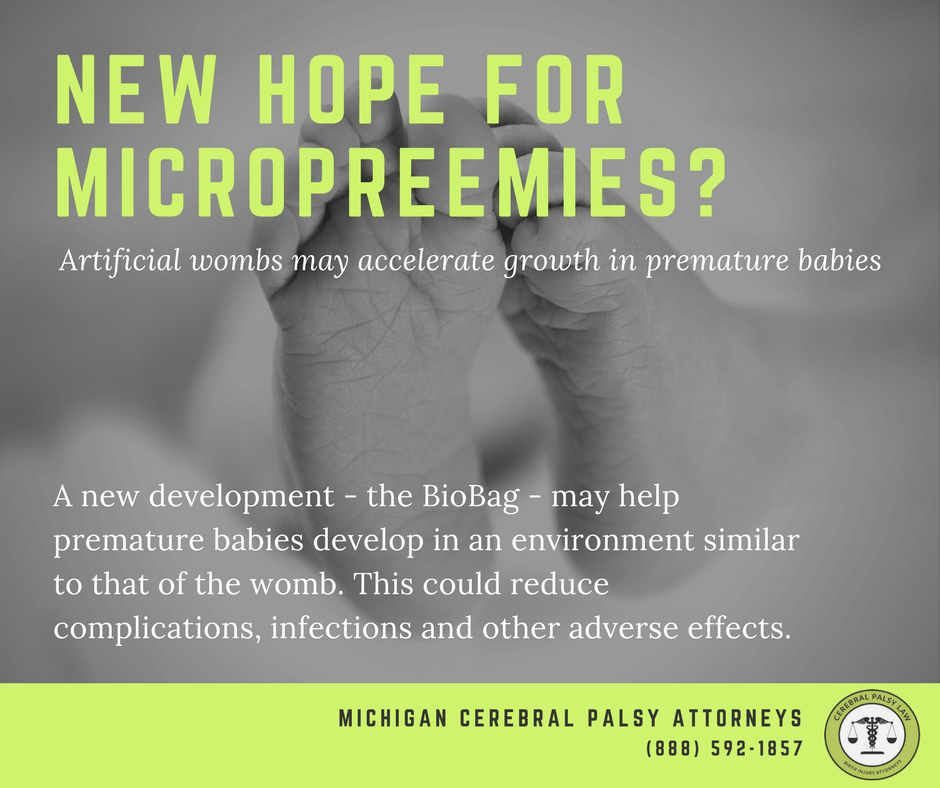A new development dubbed the BioBag may eventually help premature babies continue developing in an environment similar to that of the womb – an advancement that could help reduce complications, infections and other adverse effects.
Babies born severely prematurely have higher rates of death, disability, and injury, and they are more prone to infection due to exposure to the NICU environment. Research published in Nature Communications seeks to help these extremely premature infants grow to maturity more safely inside a sealed plastic bag filled with synthetic amniotic fluid. The babies receive their oxygen and nutrients through their umbilical cord, which is attached to a machine outside the bag that functions like a placenta.
The advantage of this system is that the baby’s lungs continue to mature. Usually, when a baby takes its first breaths, lung maturation halts, which can lead to breathing and oxygenation issues, such as a lack of lung surfactant and lungs that are overly stiff. This artificial environment helps the lungs continue to mature and may help avoid breathing-related complications. A sealed environment also decreases the risk of infection due to a contaminated outside environment. Premature babies’ immune systems are still in the process of developing, and an infection can have devastating effects. Separating premature babies from the air outside lowers their risk for infection.
While the device is currently being tested on fetal lambs, researchers hope to eventually help human babies with the device. The device does raise some ethical questions, but researchers emphasize that possible ethical concerns should be weighed against the risks that accompany prematurity: about half of babies born as early as 23-24 weeks die, and about 90% have complications such as seizures, cerebral palsy, blindness and deafness.
Sources:
- NPR: Artificial Womb Could Help Premature Babies Grow
- Artificial Wombs: A Perspective from an NICU Mom
- Artificial Wombs for Critically Premature Babies

